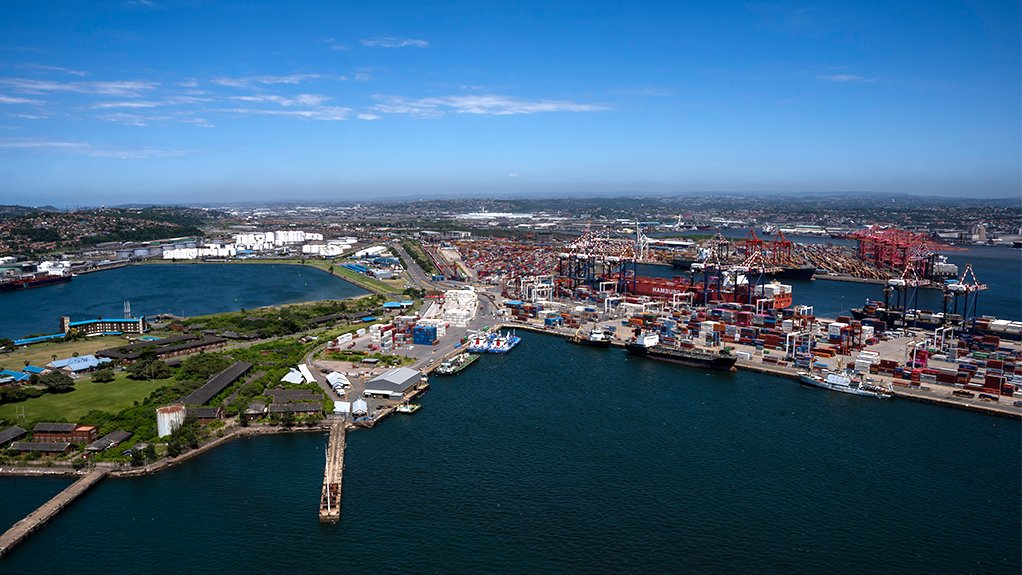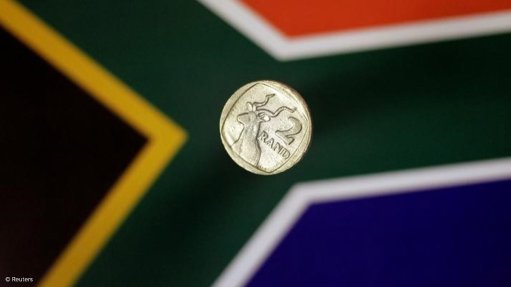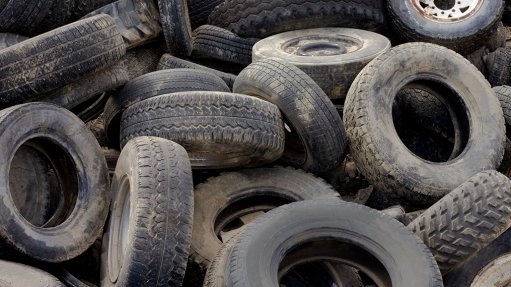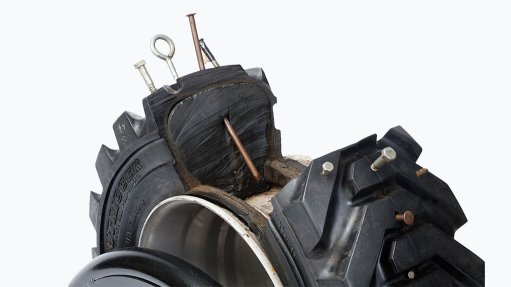Investment in expanding economic activity most important – BLSA
Business lobby organisation Business Leadership South Africa (BLSA) CEO Busi Mavuso says many of the investment commitments made during the South Africa Investment Conference are effectively replacement investments, such as companies building their own electricity plants because they can no longer rely on State-owned Eskom to produce it.
"Such investments do not expand the capacity of the economy, but merely protect the existing capacity. Investment is not a good in and of itself. It is good for what it creates, including economic activity and to enable citizens to live better lives," she states in her weekly newsletter.
Investment drives economic growth because it increases the capacity of the economy. The more roads, ports, railways, factories, energy facilities and other economic infrastructure, the more the economy can produce, generating taxable earnings that can help the country grow its economy.
Mavuso says that, while the investment conference’s R1.5-trillion is impressive, it has happened during five years of the weakest economic growth seen for decades. "One of the main reasons is crumbling infrastructure, most obviously in our electricity system, but also in logistics and local government services like water provision," she notes.
These investments are still a good thing. The many new electricity plants now being built will resolve loadshedding within the next few years. That will set the scene for renewed business confidence that will hopefully allow for investment that achieves what South Africa really wants, namely economic growth, Mavuso states.
"When businesses are feeling confident about the future, they invest. They must believe there will be customers to sell to for many years for investments they are considering now. It is clear that some of the electricity investment is going beyond merely replacing Eskom supply, as there are some large-scale industrial activities that are now feasible owing to the regulatory space that companies have to build their own electricity generation," she highlights.
If the R2-trillion target were achieved from investment that expands economic capacity, in the form of new mines, new factories, new call centres, new fibreoptic cables, backed by a robust investment programme by the public sector itself in new roads, rail, ports and electricity distribution, that would be a great achievement, she states.
"These are the kind of investments that deliver what we ultimately want, namely jobs and better lives for all. Business is eager to work with government on the many policy interventions needed that would help make that a reality," Mavuso adds.
There has been some recent positive momentum in gross fixed capital formation (GFCF), with the seven-year downward trend to 2021 having bounced upward in the last year and a half, although it remains at about half the targeted 30% of gross domestic product. That is in part owing to the electricity and related investment that is under way, and is a number South Africa must watch more closely, she says.
"For the next five-year phase of the investment conference, we should measure success by how much of the investment that is pledged actually expands economic activity. We should look for it not just in pledges, but in the overall macro figures for GFCF.
"I have no doubt that pledges add at the margin to the investment happening, but it is only when investment trends pick up at the macro level that we can be confident something good is happening in the economy," Mavuso emphasises.
"Additionally, the conference made clear the Presidency’s commitment to [creating] a conducive environment for business to invest and there was a positive sentiment about government’s efforts to achieve that. I applaud the effort.
"The conference concludes the five-year target that the President set in 2018 of raising R1.2-trillion in investments. The tally was at R1.5-trillion by the end of the conference, so that was well achieved. It is good to see the government achieve a target it had set itself," she notes.
Article Enquiry
Email Article
Save Article
Feedback
To advertise email advertising@creamermedia.co.za or click here
Comments
Press Office
Announcements
What's On
Subscribe to improve your user experience...
Option 1 (equivalent of R125 a month):
Receive a weekly copy of Creamer Media's Engineering News & Mining Weekly magazine
(print copy for those in South Africa and e-magazine for those outside of South Africa)
Receive daily email newsletters
Access to full search results
Access archive of magazine back copies
Access to Projects in Progress
Access to ONE Research Report of your choice in PDF format
Option 2 (equivalent of R375 a month):
All benefits from Option 1
PLUS
Access to Creamer Media's Research Channel Africa for ALL Research Reports, in PDF format, on various industrial and mining sectors
including Electricity; Water; Energy Transition; Hydrogen; Roads, Rail and Ports; Coal; Gold; Platinum; Battery Metals; etc.
Already a subscriber?
Forgotten your password?
Receive weekly copy of Creamer Media's Engineering News & Mining Weekly magazine (print copy for those in South Africa and e-magazine for those outside of South Africa)
➕
Recieve daily email newsletters
➕
Access to full search results
➕
Access archive of magazine back copies
➕
Access to Projects in Progress
➕
Access to ONE Research Report of your choice in PDF format
RESEARCH CHANNEL AFRICA
R4500 (equivalent of R375 a month)
SUBSCRIBEAll benefits from Option 1
➕
Access to Creamer Media's Research Channel Africa for ALL Research Reports on various industrial and mining sectors, in PDF format, including on:
Electricity
➕
Water
➕
Energy Transition
➕
Hydrogen
➕
Roads, Rail and Ports
➕
Coal
➕
Gold
➕
Platinum
➕
Battery Metals
➕
etc.
Receive all benefits from Option 1 or Option 2 delivered to numerous people at your company
➕
Multiple User names and Passwords for simultaneous log-ins
➕
Intranet integration access to all in your organisation





















